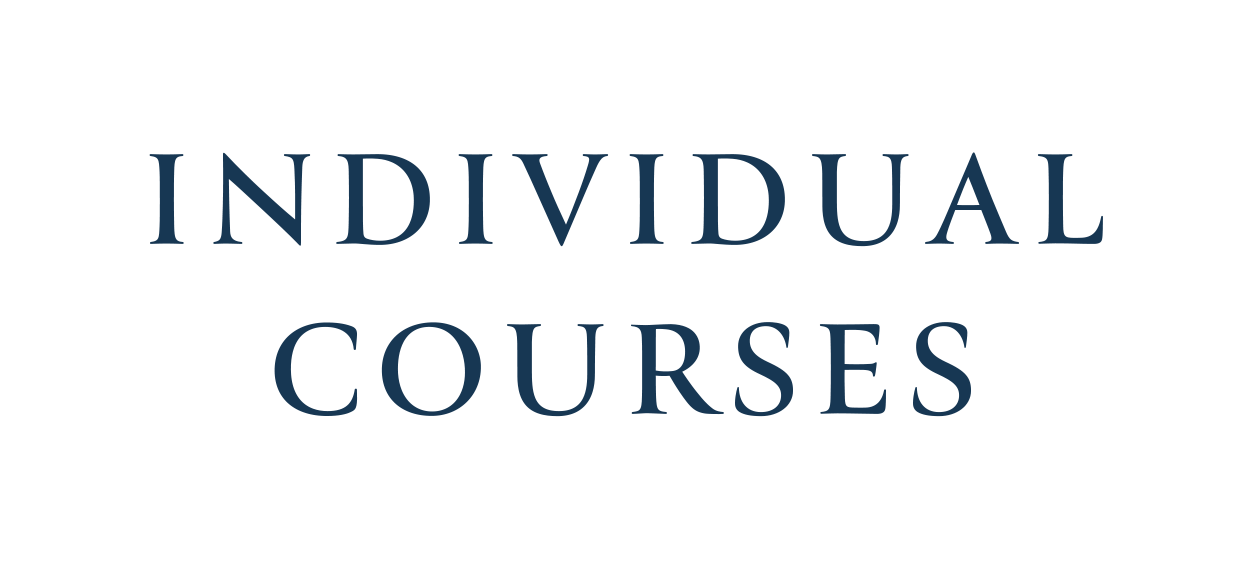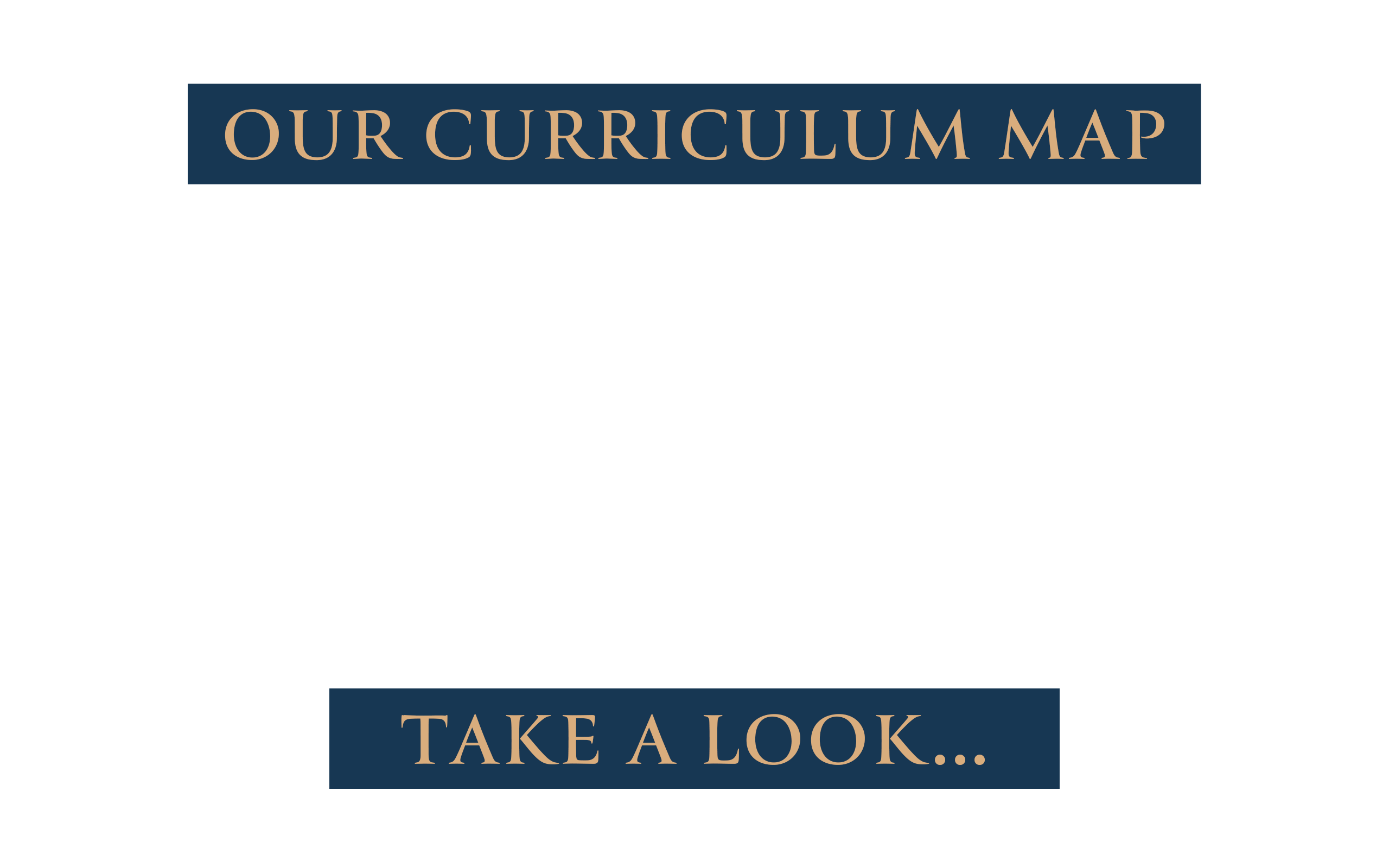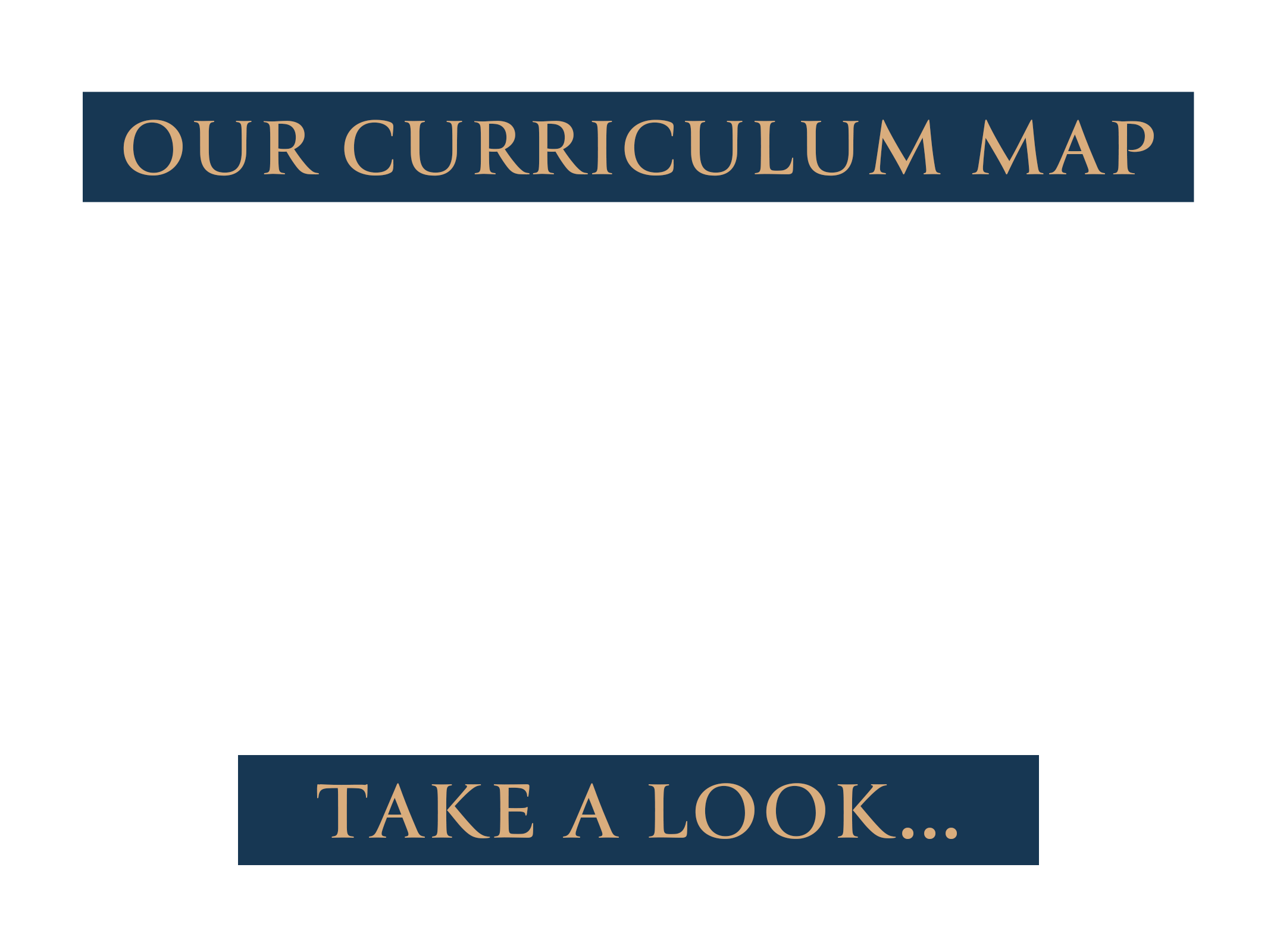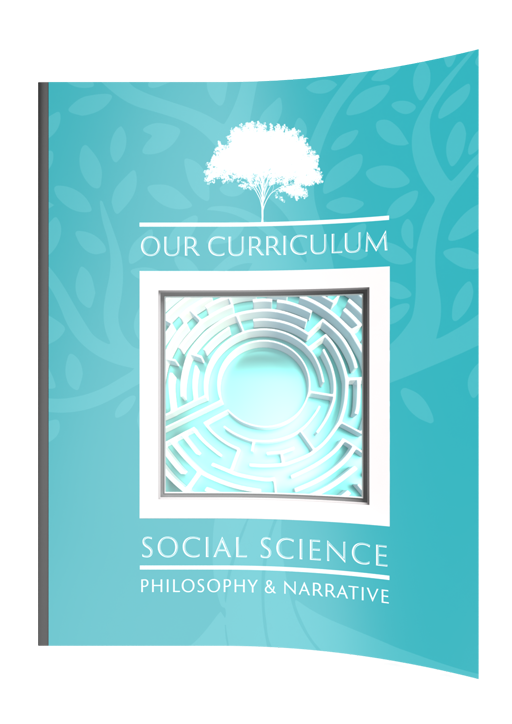


Welcome to Turton’s curriculum.
Here we provide a whole school curriculum narrative, charting a pupil’s journey through the knowledge, understanding and application of each subject, from year 7 to year 13.
The philosophy of each curricular area outlines the fundamental concepts behind each subject and its reason for being, whilst the narrative highlights the organising principles that run through the learning experience and the big ideas associated it.
We have selected what we believe to be ‘the best of what has previously been thought, said and done’, to provide pupils with important knowledge: Knowledge that they can build on to make sense of the world around them.
The narrative illuminates each subject, drawing connections between them and provides a clear perspective on how each subject, topic or idea forms part of a much bigger picture.
We are excited to share with parents and pupils our curriculum overview, representing a coherent, knowledge-rich curriculum that provides a strong, academic education through the three ways of the Trivium.
A philosophical mind and a principled character are the best attributes of a person. We wish for each of our students to leave Turton with the capacity to think and the strength of character to lead a good life. We believe that this is achieved through a coherent, academic curriculum, where knowledge is fundamental and forms the bedrock of success for any student in our school. All students have an entitlement to important knowledge; through knowledge we form community, we overcome disadvantage, we remove prejudice and we develop parity for people in the North of England.
By ensuring that every child has access to a high quality curriculum, delivered by expert teachers, we can reduce the differences in student achievement that are due to students’ backgrounds, and help them to develop the knowledge and character they will need to participate effectively in society. Our students deserve nothing less.
Working with the philosophies and principles close to our hearts, we have designed a curriculum rich in knowledge, focussed on learning the ‘best of what has been thought and said’, forging cohesion across disciplines, so that students understand the big ideas, connections and concepts that run through each subject.
We have created subject narratives underpinned by three or four organising principles that run through the subject as the child progresses from years 7 to 13, which identify substantive knowledge, disciplinary knowledge and relation to knowledge, as well as the interplay between grammar, dialectic and rhetoric; the three ways of the Trivium. This has created a strong liberal arts education with an emphasis on classical ideas, key historical figures and texts which have shaped thinking through the ages.
This goes right down to the details, such as ensuring that every English teacher has the same definition of a paragraph, so when students move from one year to another there is no confusion. Debates and discussions have considered questions such as: How many of Shakespeare’s works should students be exposed to during their time at Turton? Which religions should be considered by students? How and when should science teachers introduce density equations in a manner that supports students’ learning in Maths?
Consequently we have arrived at a whole school narrative that illuminates each subject, draws on connections between subjects and provides a clear perspective on how each idea forms part of a much bigger picture.

